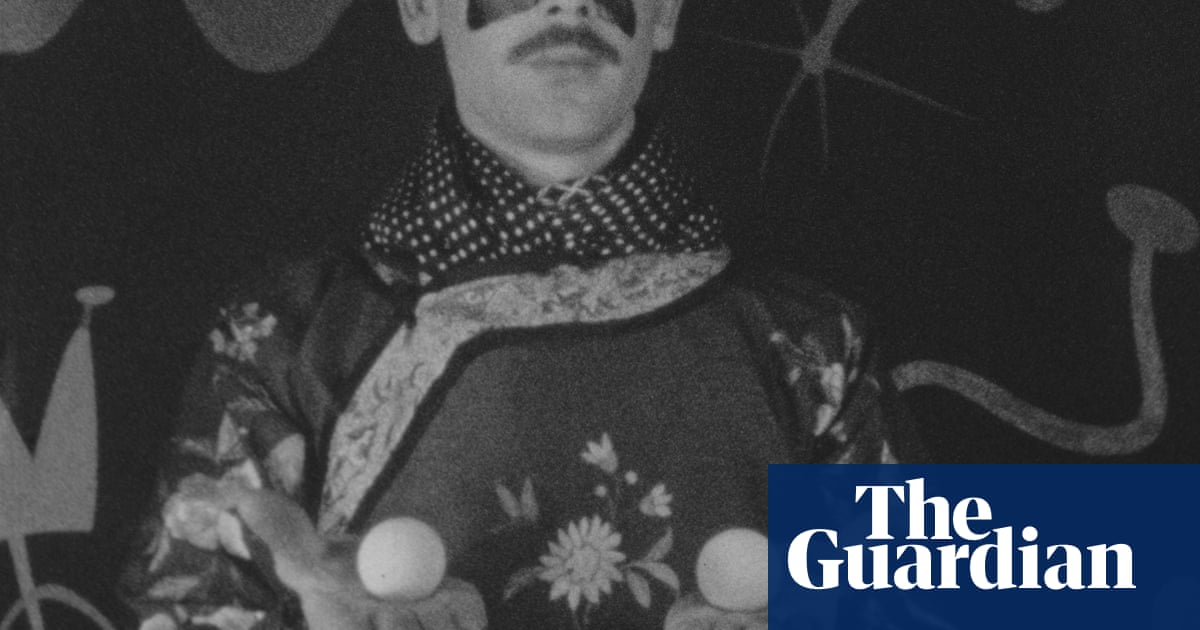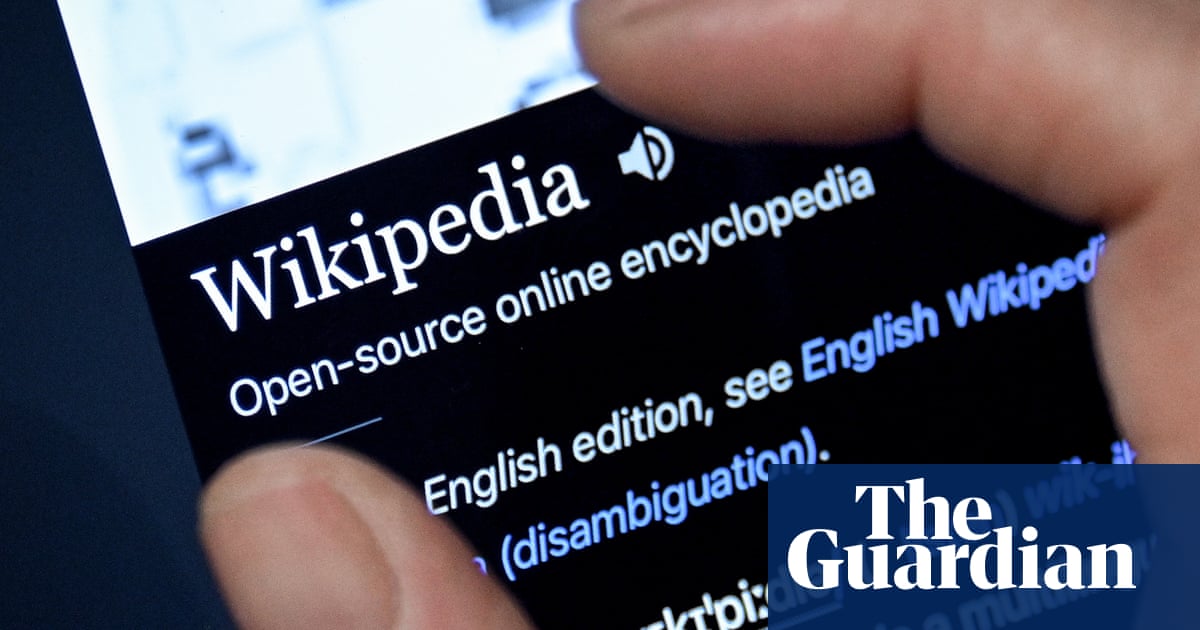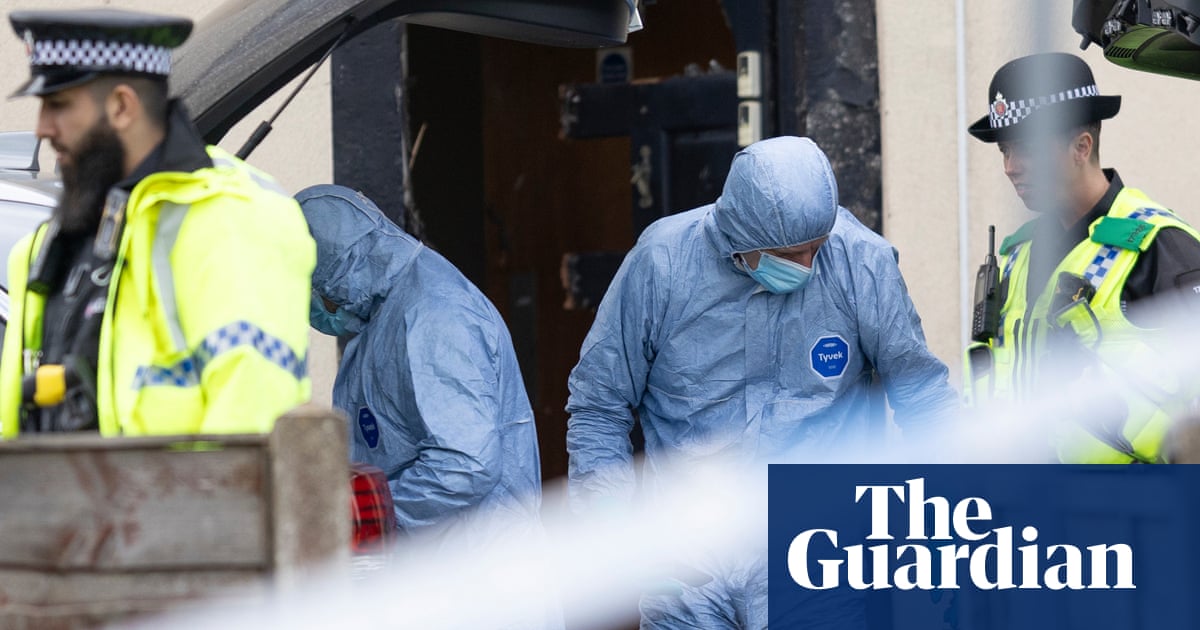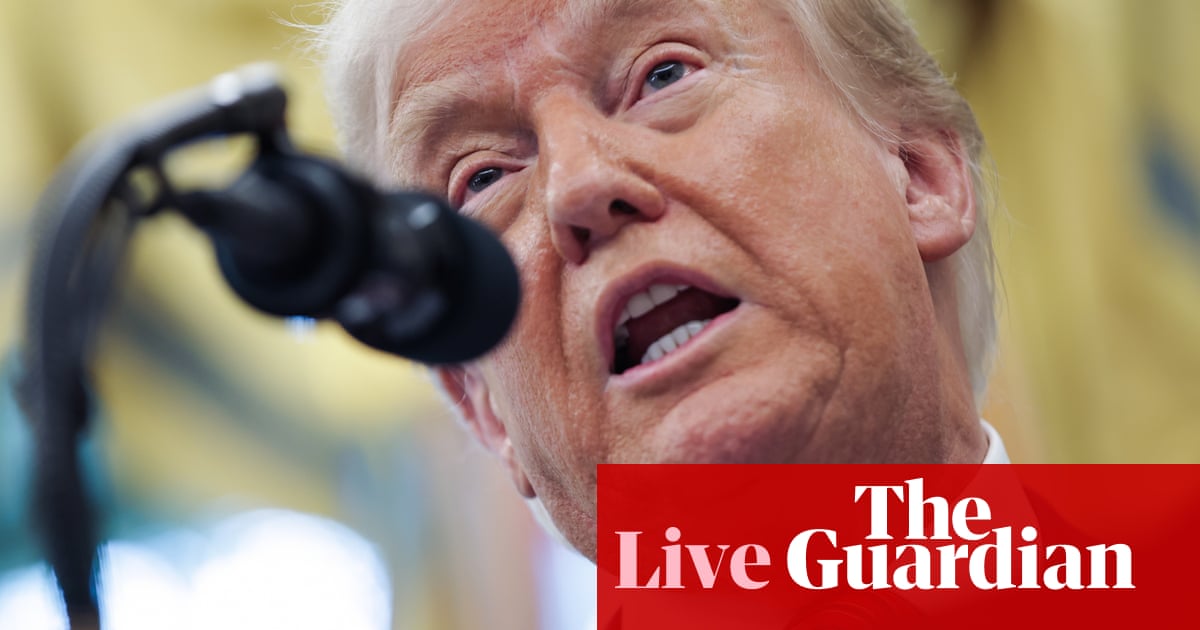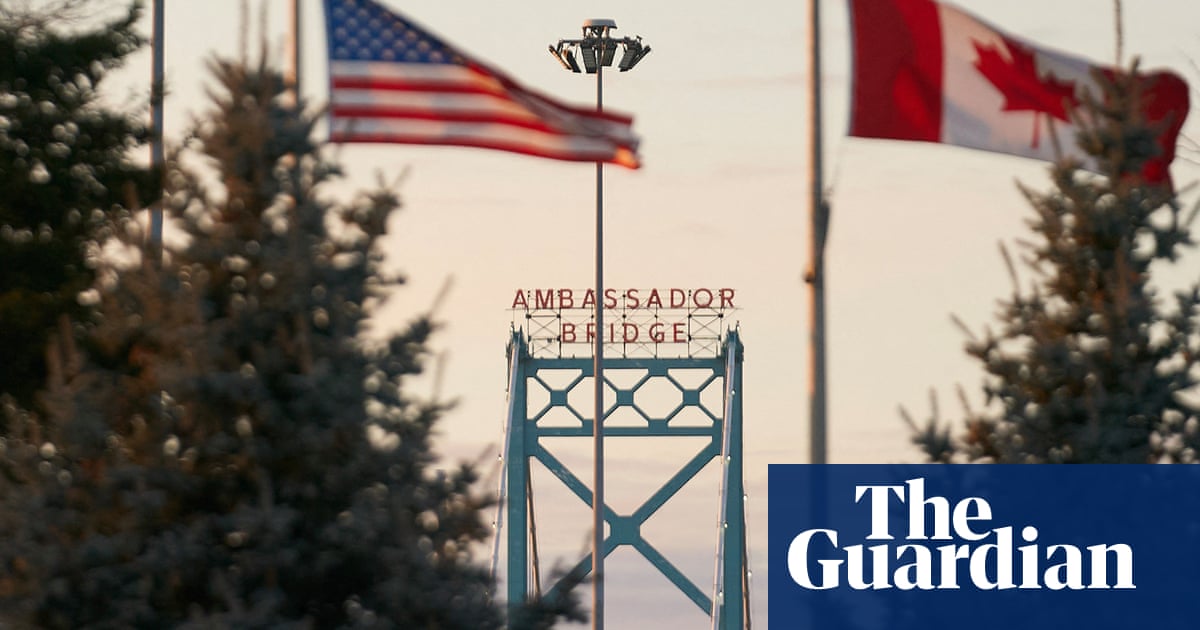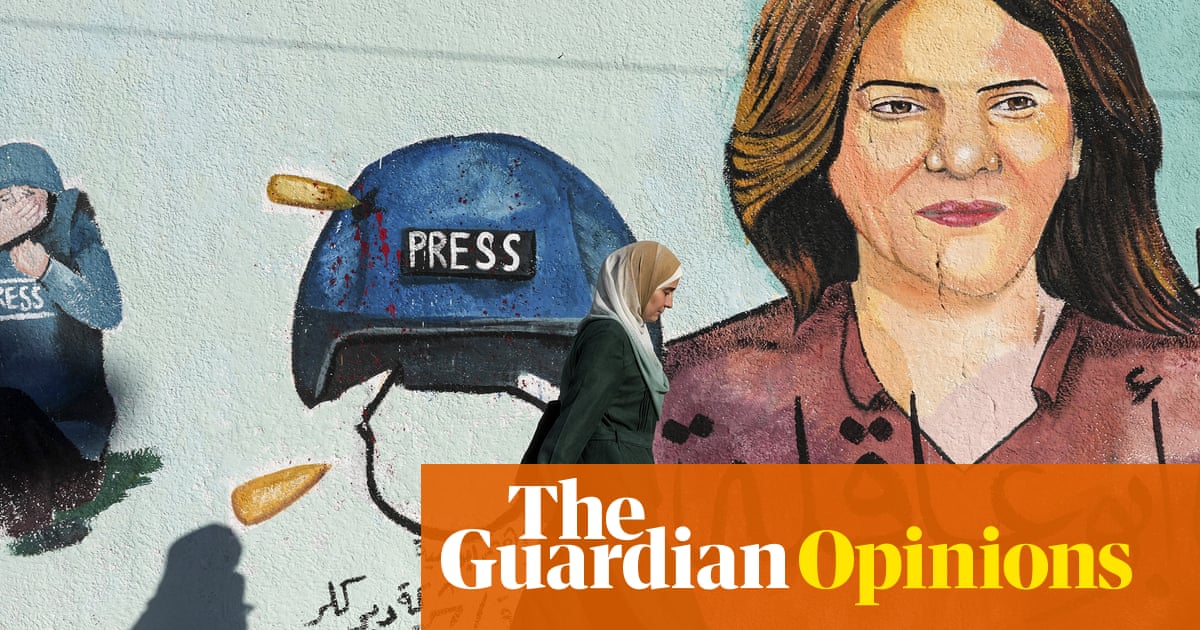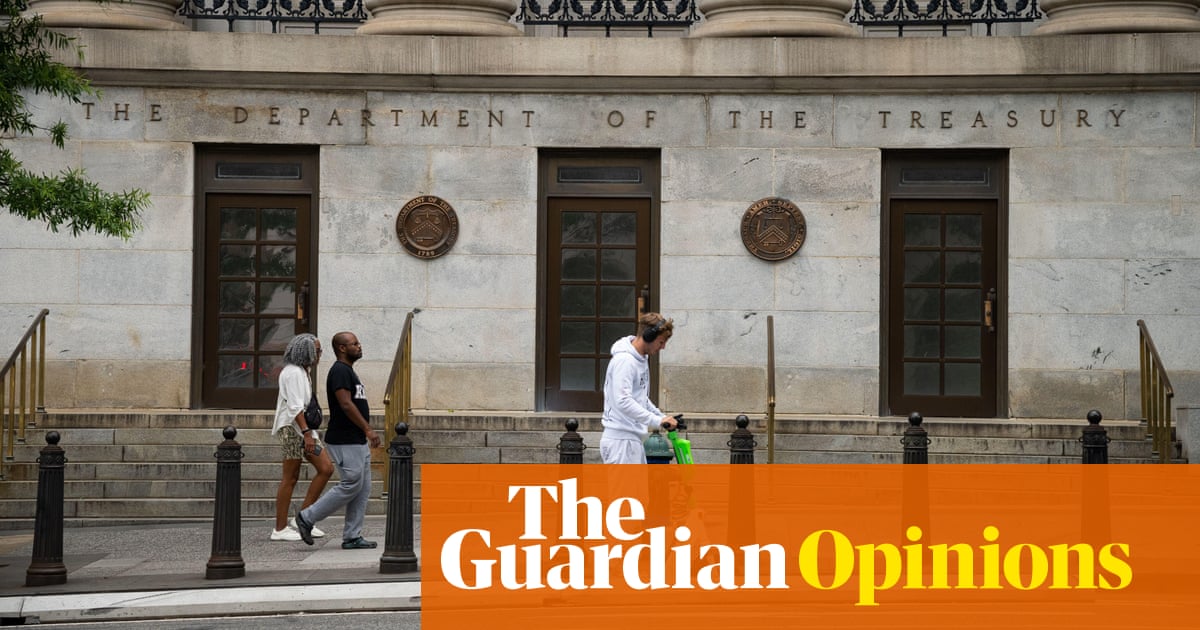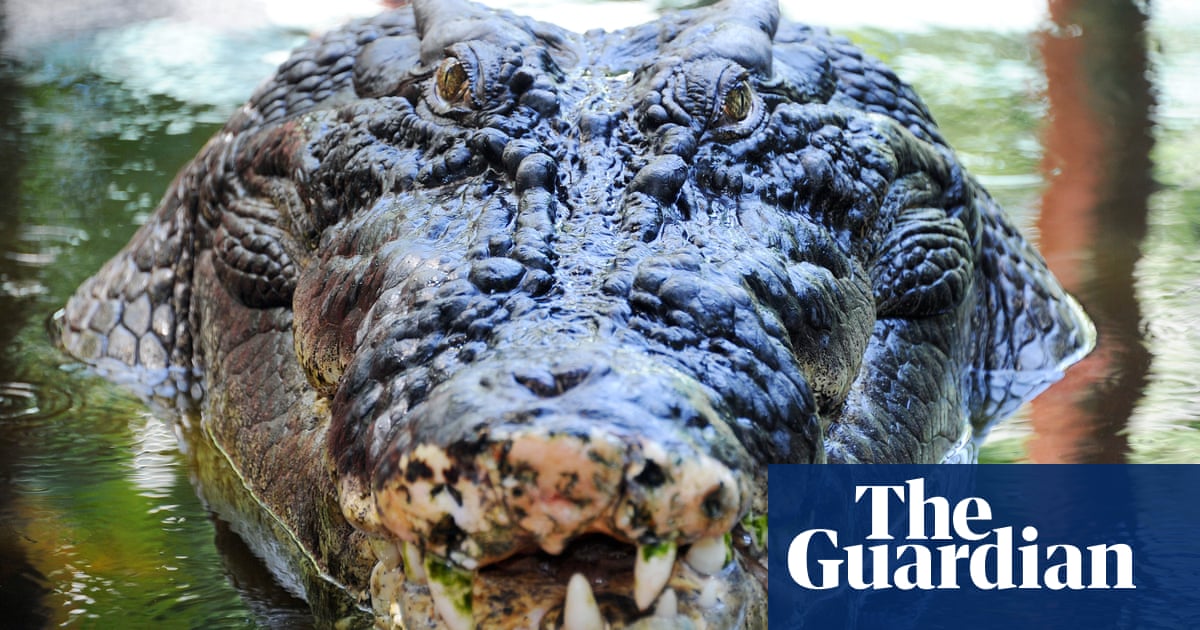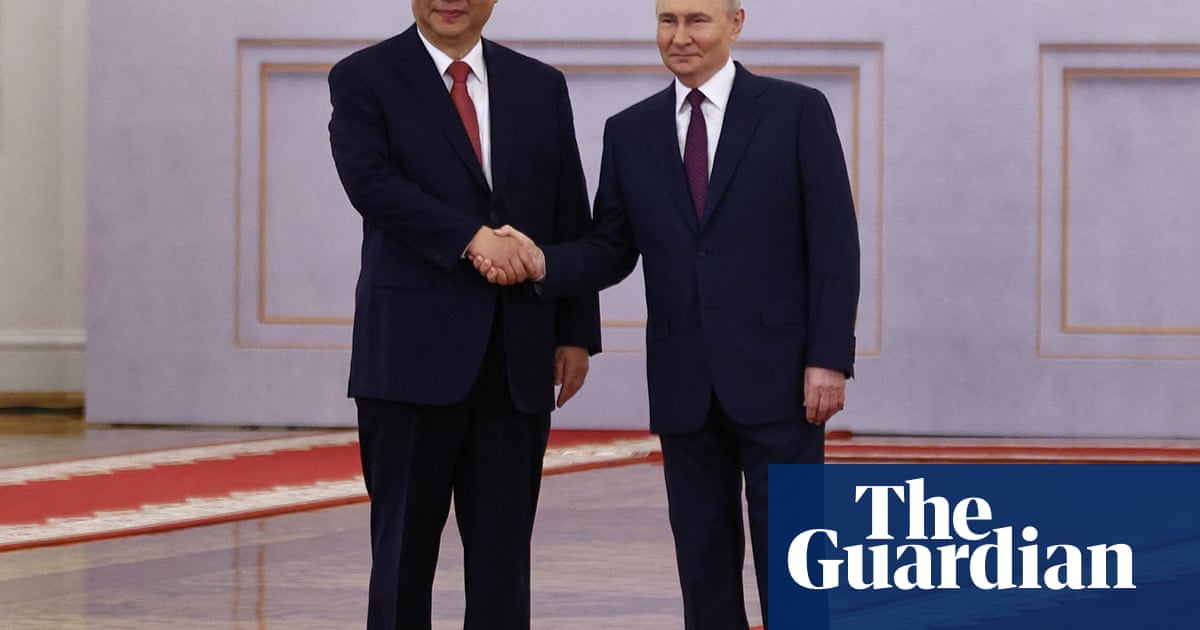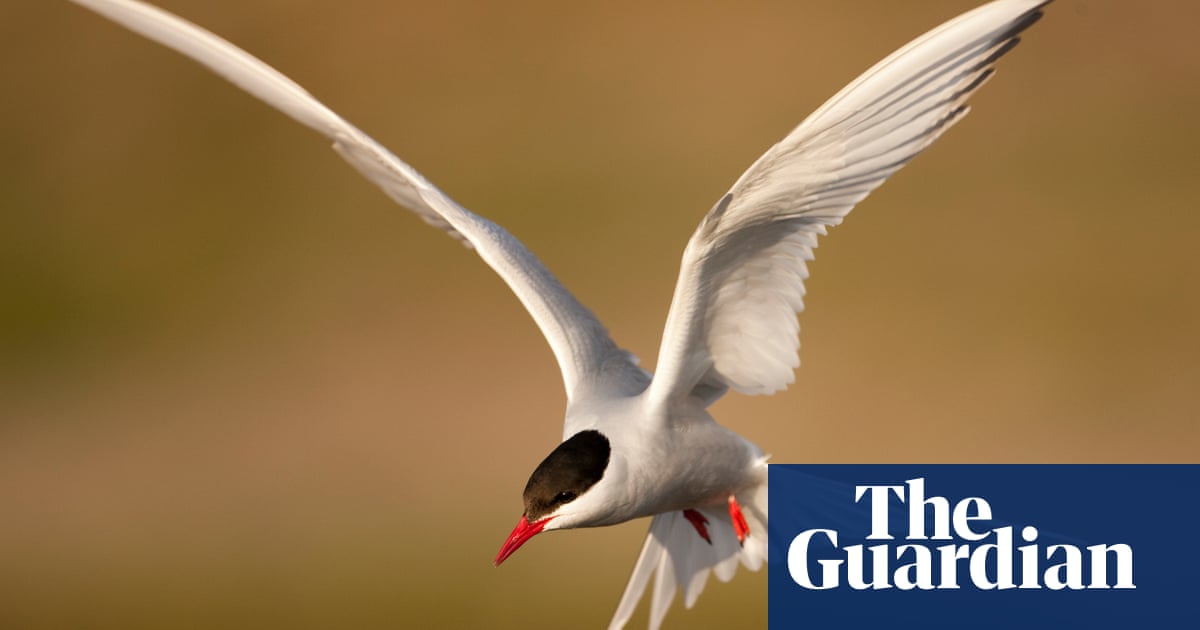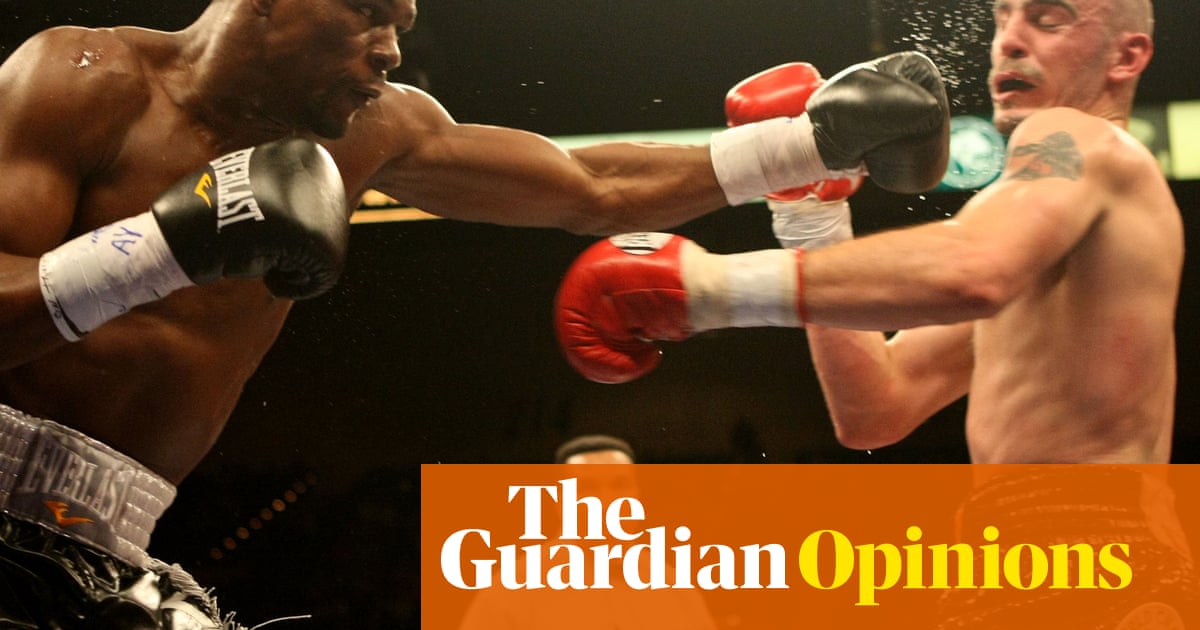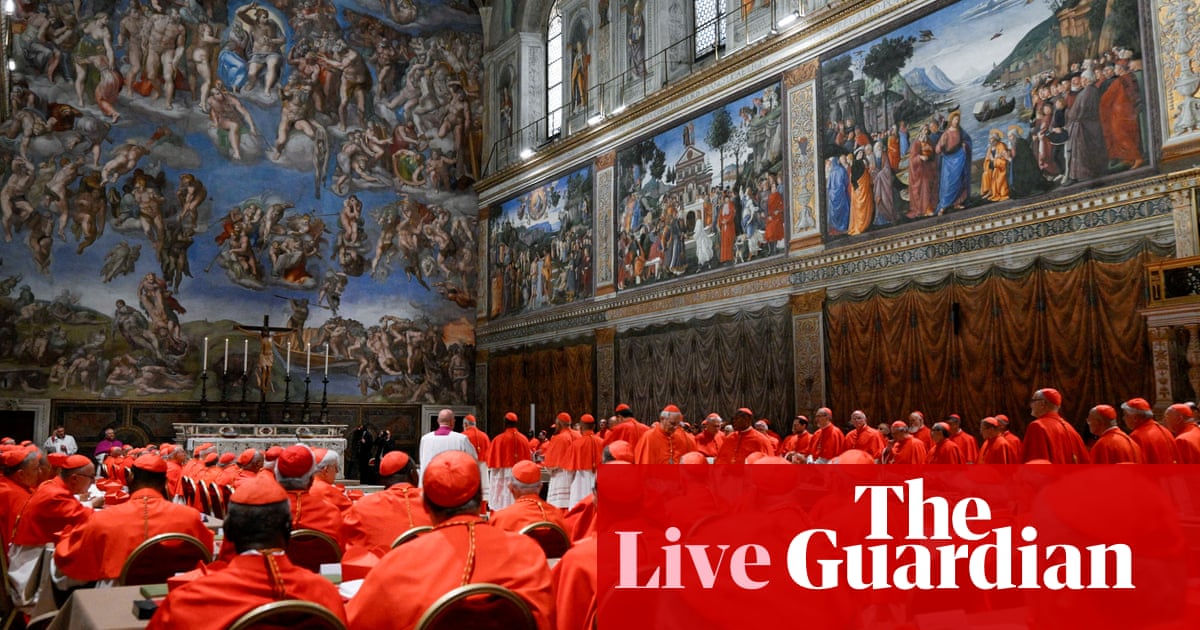Taiwan’s president, Lai Ching-te, has compared his nation to the European countries headed for conflict with Nazi Germany in the 1930s, in a punchy speech commemorating the end of the second world war in Europe.
“Eighty years after the end of the European war, the message of history is clear. Today, 80 years later, we share the same values and face similar challenges as many of the democracies that participated in the European war,” Lai said to a group of foreign dignitaries gathered in Taipei.
Lai speech comes at a time when Taiwan is facing increasing military pressure from China. It is the first time Taiwan has officially commemorated the end of the second world war.
The conflict is a thorny topic in cross-strait relations. China at the time was ruled by the Kuomintang, or the nationalists, under the banner of the Republic of China. During the war, the Kuomintang fought alongside the Chinese Communist party (CCP) against the Japanese, before resuming their own civil conflict which led to the Kuomintang fleeing to Taiwan in 1949 and establishing the Republic of China there. This remains the island’s official name. The CCP established the People’s Republic of China in Beijing.
In a veiled reference to China, Lai called on “freedom-loving people and countries” to work together to counter authoritarian regimes.
“Taiwan and Europe are jointly facing the threat of a new totalitarian group,” Lai said. “The bitter experience of world war two tells us that appeasement will only make the invaders more greedy and expand their ambitions.”
Thursday’s event opened with a short video featuring clips of the D-day landings in Normandy and audio recordings of Winston Churchill’s famous “We shall fight on the beaches” speech. The top British representative in Taiwan, Ruth Bradley-Jones, spoke at the event, as did Lutz Güllner, the head of the European Economic and Trade Office in Taiwan
Marcin Jerzewski, the head of the Taiwan office of the European Values Center for Security Policy, said Lai was “trying to send the message that security and prosperity of Taiwan and Europe are still interconnected, so that European partners fearing possible withdrawal of American security guarantees from Europe don’t turn away from their engagements with the Indo-Pacific and security in the Taiwan Strait.”
Lai is steering Taiwan through a fraught geopolitical moment. The self-governing island is claimed by China, which has vowed to annex it with the use of force if necessary. Since Donald Trump took office as US president in January, the commitment of the US, Taiwan’s main security backer, to helping Taiwan defend itself has been unclear.
China frequently rehearses blockades of Taiwan. So-called “greyzone” tactics such as disinformation campaigns have been increasing.
Wen-Ti Sung, a non-resident fellow at the Atlantic Council’s Global China Hub, said Lai also wanted to show that “Taiwan wants to be a partner, not just a recipient, of western largesse.”
Lai’s speech came the day after China’s president, Xi Jinping, arrived in Moscow for Russia’s commemoration of the end of the second world war, which will be marked with a military parade featuring Chinese troops on Friday.
China’s ongoing support for Russia’s war in Ukraine has alarmed western leaders and raised concerns that China could be learning lessons for an invasion of Taiwan.
In an article published in Russian media on Wednesday about Chinese and Soviet cooperation during the second world war, Xi devoted a lengthy section to the war’s implications for China’s claims on Taiwan.
Xi described this week’s commemorations as “the 80th anniversary of Taiwan’s recovery” to China. “No matter how the situation on the island of Taiwan changes, no matter how external forces disrupt it, the historical trend that China will eventually reunify and will definitely reunify is unstoppable,” Xi wrote.
Xi expressed China’s appreciation for Russia’s support for “all measures taken by the Chinese government and people to achieve national reunification”.
Additional research by Lillian Yang

 5 hours ago
4
5 hours ago
4
